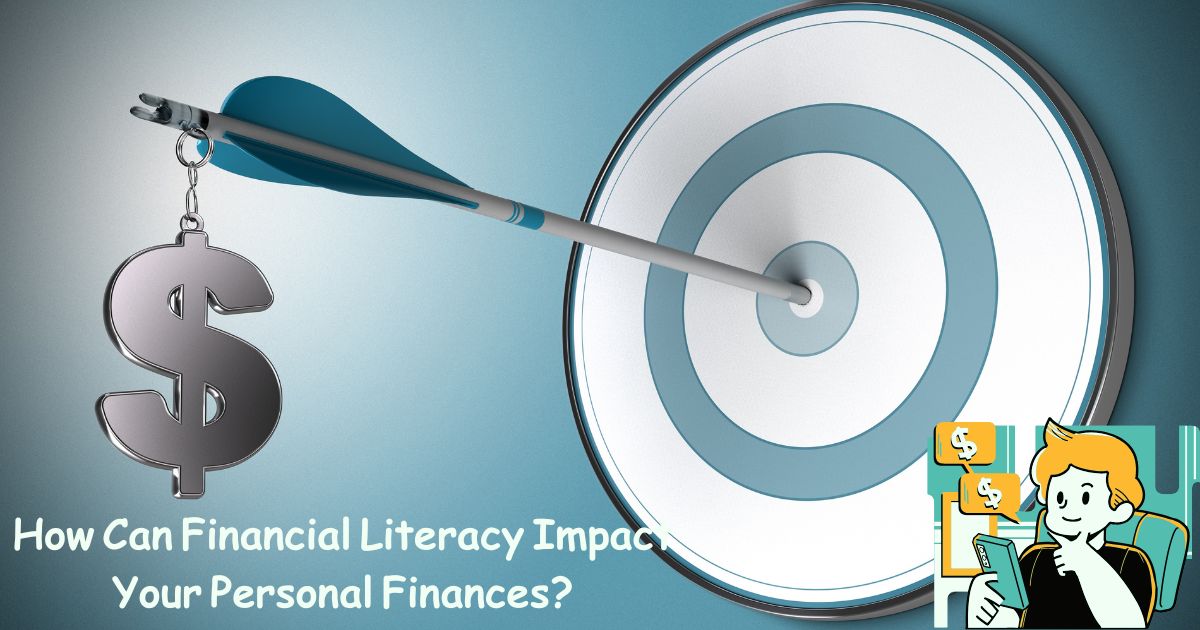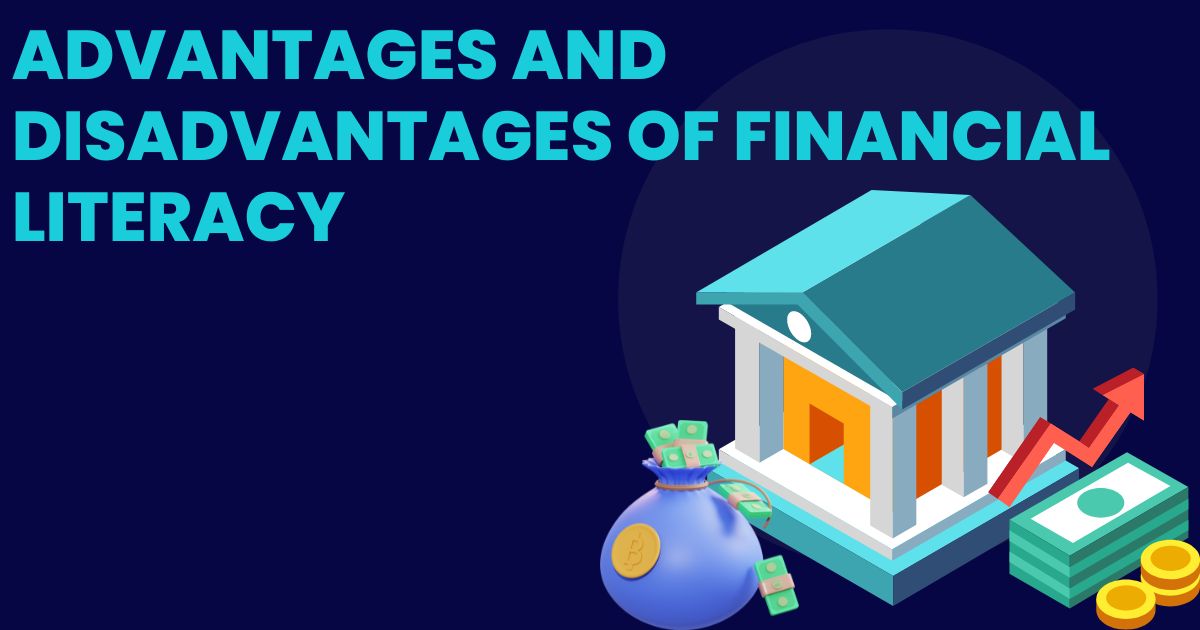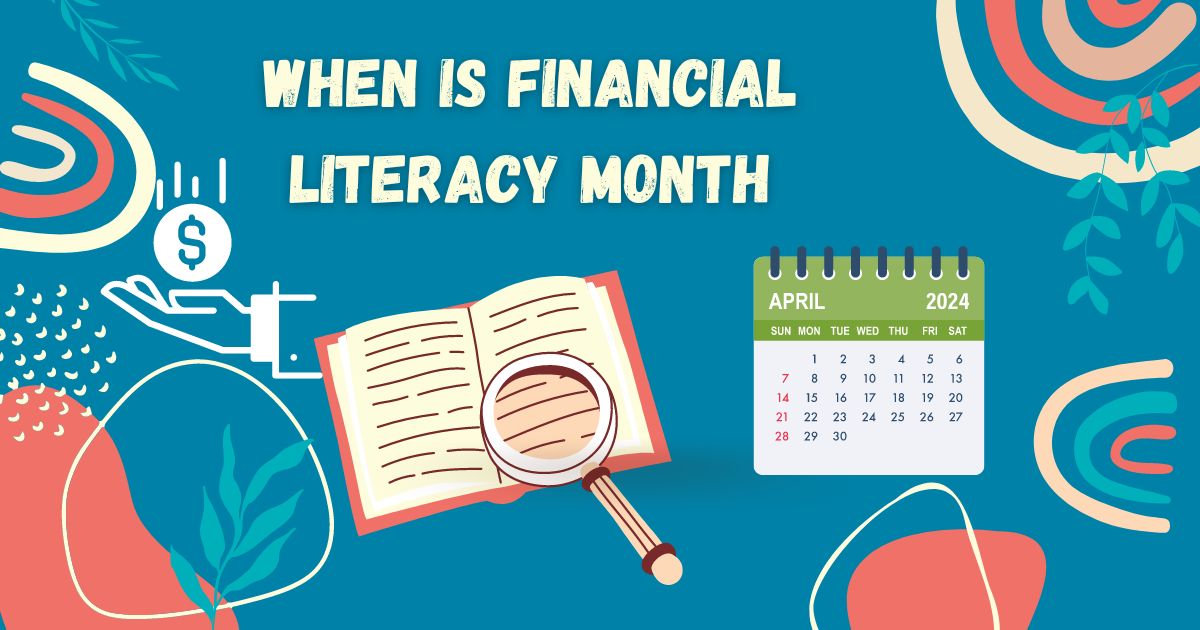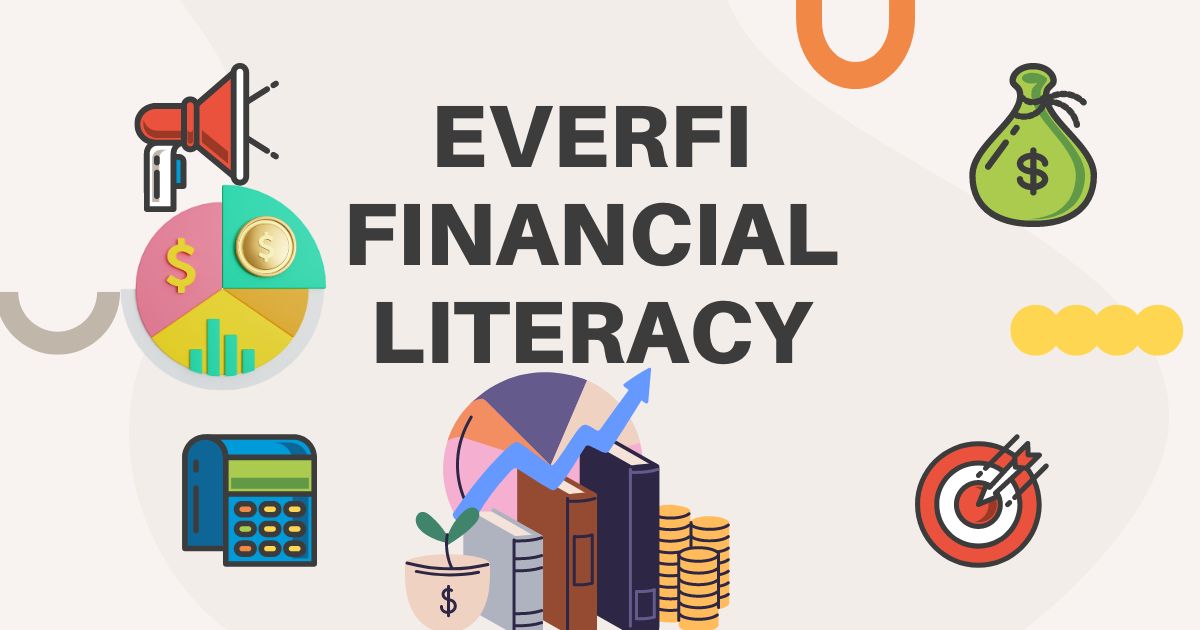Table of Contents
ToggleIntroduction
In today’s fast-paced world, understanding how to manage money effectively is crucial. Financial literacy, which refers to the knowledge and skills needed to make informed financial decisions, is a powerful tool that can significantly impact your finances.
From budgeting to saving, investing, and managing debt, financial literacy empowers you to take control of your money and shape a secure financial future.
The Importance of Financial Literacy
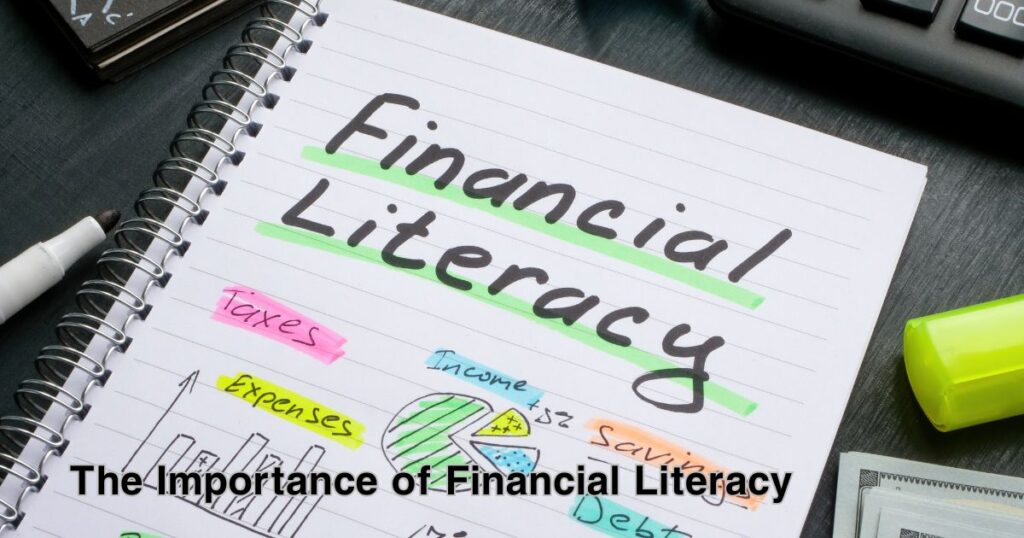
The Importance of Financial Literacy
Financial literacy is more than just a buzzword; it’s a cornerstone of financial well-being. With a solid understanding of financial principles, you can:
- Make Smarter Financial Decisions: Understanding the basics of money management helps you prioritize needs over wants and avoid unnecessary expenses.
- Achieve Financial Goals: With clear strategies, financial literacy helps you save for major life goals like buying a home, education, or retirement.
- Avoid Debt Traps: Knowledge about credit scores, interest rates, and repayment terms can help you steer clear of excessive debt.
- Prepare for Emergencies: Financial literacy encourages building an emergency fund to handle unforeseen expenses without jeopardizing long-term plans.
Key Ways Financial Literacy Can Impact Your Personal Finances
1. Budgeting for Better Financial Control
Creating a budget is one of the first steps in financial literacy. A well-structured budget allows you to track your income and expenses, ensuring you live within your means. By allocating funds to essentials, savings, and discretionary spending, you can avoid overspending and save for future needs.
2. Building a Strong Savings Habit
Financially literate individuals understand the importance of saving. Whether it’s setting aside funds for an emergency or contributing to a retirement plan, consistent saving helps you achieve financial stability and peace of mind.
3. Understanding and Managing Debt
Debt isn’t inherently bad, but mismanaging it can lead to financial struggles. Financial literacy teaches you how to differentiate between good debt (like a mortgage) and bad debt (like high-interest credit card debt). It also provides strategies for paying off debt efficiently.
4. Investing Wisely for the Future
Investing is a critical component of wealth-building. With financial literacy, you can learn about different investment options, assess risks, and make decisions aligned with your financial goals. Whether it’s stocks, bonds, mutual funds, or real estate, informed investing can help grow your wealth over time.
5. Protecting Yourself with Insurance
Understanding the role of insurance in financial planning is another benefit of financial literacy. From health to life and property insurance, these policies protect you from significant financial losses during emergencies.
6. Planning for Retirement
Retirement planning starts early. Financial literacy ensures you understand concepts like compound interest, retirement accounts (401(k), IRA), and pension plans, allowing you to secure a comfortable retirement.
FAQs For How Can Financial Literacy Impact Your Personal Finances?
1. What is financial literacy?
Financial literacy is the ability to understand and use financial skills, such as budgeting, saving, investing, and managing debt effectively.
2. How can I improve my financial literacy?
You can enhance your financial literacy by reading books, attending workshops, using budgeting apps, and taking online courses on money management.
3. Why is budgeting important?
Budgeting helps you track your income and expenses, ensuring you live within your means and save for future goals.
4. How does financial literacy help with debt management?
Financial literacy equips you with the knowledge to prioritize high-interest debt, understand repayment terms, and avoid falling into a debt trap.
5. What is the role of financial literacy in retirement planning?
Financial literacy helps you understand and utilize retirement savings options like 401(k)s or IRAs, ensuring you save enough for a secure future.
Conclusion
Financial literacy is a game-changer for personal finances. It empowers you to take control of your money, make informed decisions, and secure a financially stable future. Whether you’re starting or looking to refine your financial habits, improving your financial literacy is an investment in yourself that pays lifelong dividends.
By mastering the principles of budgeting, saving, investing, and debt management, you can confidently navigate the financial challenges of life and achieve your goals. Start today, and let financial literacy be your guide to financial freedom.

